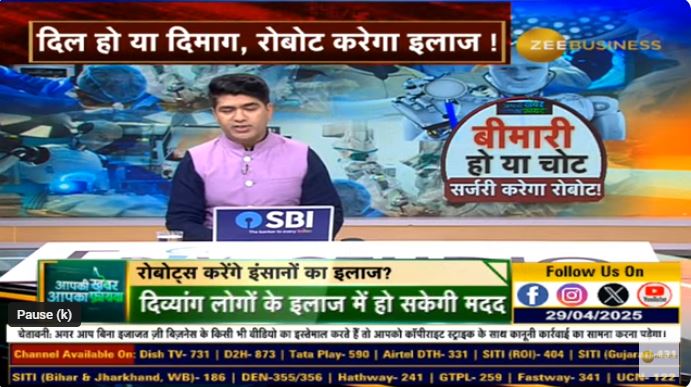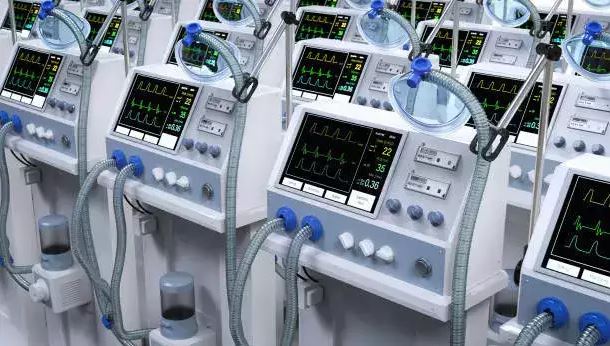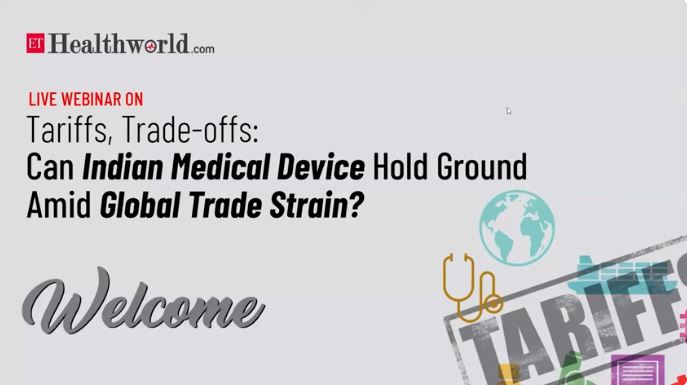Shahid Akhter, editor, ETHealthworld, spoke to Sanjay Bhutani, Director, Country Manager, Bausch & Lomb India & SAARC to know more about GST exemptions and its impact on the supply chain.
‘GST exemption makes Covid supplies costlier’ said the FM. Your comments on GST exemptions making the supplies costlier?
Exempt classification means that there is no GST chargeable on the product and service to the end consumer, this means that any manufacturer, supplier, service provider which feed any GST on the raw material or any other input cost will not be allowed to claim the credit of that GST which is being paid as there is no GST for the end consumer. This automatically disallows any input GST credit and the same from parts of the input cost. Whereas, an exempt classification shall be disadvantageous to the local manufacturers or the importers and can make the Covid supplies more expensive as it stands to lose GST credit on the inputs.
However, if instead of classifying under exempt, the priority products are classified under zero rated category of the GST law, it will address all issues and would be a true removal of GST effect in the entire value chain. As manufacturers, suppliers and service providers will be able to claim the input benefit, so this would be beneficial to all categories suppliers be it local manufacturers or the importers. For example, in case of import as it would reduce the cost of the import while for domestic manufacturers, they will be able to avail input tax credit and utilized against other products of claim refund. So, we would recommend to bring these products as zero rated in terms of the classification under the GST law instead of being GST exempt.
Why can’t we make the whole chain of vaccination production and import GST free?
We don’t have the inputs for making GST free for origin of vaccination production are suggestions for the vaccines would be zero rating GST on vaccines rather than making exemption and grant 100% abatement (reduction in the taxable value) to the manufacture say for a period of 2 years without impacting the right to take credit of GST appeared on the procurement.
Is GST Exemption a Deficit deal for big manufacturing companies?
Typically, when an exemption is sought on the end-product, the tax paid at various stages of the manufacturing chain sticks to the product due to the possibility of utilizing such tax credit having been obviated by the exemption to the output product end of service. Actually, this adds to the cost of the final product and service and therefore not the ideal mechanism for manufacturers and the service providers.
The government is collecting a GST of 5 per cent on vaccines, 12 per cent on Remdesivir, other medicines and oxygen concentrators, 18 per cent on sanitisers and 28 per cent on ambulances, can our government make some exemption over these basic medical care supplies?
GST exemptions does not necessarily lead to desired reduction in consumer prices as input GST continues to remain part of the input cost. Rather than being GST exempt if the products are made zero rated as recommended by the industry, the sellers will have to reduce prices under the GST law. As that mandates or reduction benefit to pass on to the buyers and also there are anti profiteering provisions to that effect under the law. The differential will be the amount of erstwhile GST that was charged on this product we should bring down the prices to that effect of this essential medical devices and equipment.




